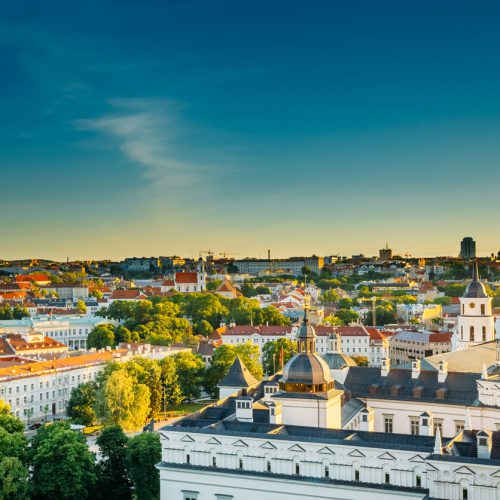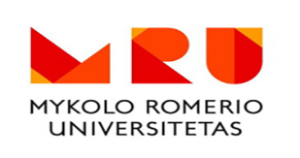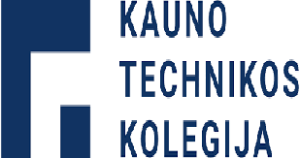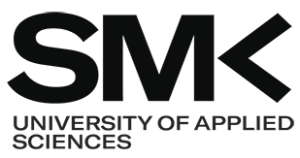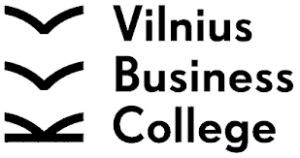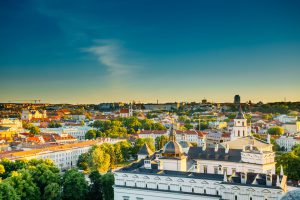The life of students in Lithuania presents an interesting blend of academic traditions, dynamic cultural life, and varied social activities. Here are some key aspects:
Educational system
- University and Higher Education: Lithuania has several renowned universities, such as Vilnius University and Kaunas University of Technology. The programs are diverse, ranging from humanities and technical sciences to arts and social sciences.
- Language of Instruction: The majority of courses are taught in Lithuanian, but many programs are also available in English, especially to attract international students.
- Academic Calendar: The academic year is generally divided into two semesters, with a vacation period in the summer and a shorter break in the winter.
Cost of Living and Accommodation
- Tuition Fees: tuition fees can vary widely. EU citizens often benefit from reduced fees compared to international students. Some scholarships are also available.
- Accommodation: Many students live in university dormitories, which are an affordable option. Others prefer to rent apartments in the city. University cities like Vilnius, Kaunas, and Klaipėda offer various housing options.
Social and Cultural Life
- Student Associations: Lithuanian universities have an active student association life, with clubs and organizations for nearly every interest, including sports teams, music clubs, cultural associations, and academic groups.
- Events and Festivals: Students participate in numerous cultural events and festivals. Vilnius, in particular, is known for its music festivals, art fairs, and literary events.
- Outings and Entertainment: Students enjoy cafes, bars, and restaurants, as well as cinemas and theaters. University cities have vibrant nightlife, with clubs and regular student parties.
Transportation and Getting Around
- Public Transportation: Students benefit from reduced fares on public transportation. Buses and trains are the most common means of transportation, and cities like Vilnius and Kaunas have well-developed transportation systems.
- Bicycles and Scooters: Bicycles and electric scooters are also popular among students, providing an eco-friendly and convenient transportation option.
- Exchange Programs: Lithuanian students have access to international exchange programs, such as Erasmus+, which allow them to study in other European countries.
- International Community: Lithuania also attracts foreign students, creating a diverse and international student community.
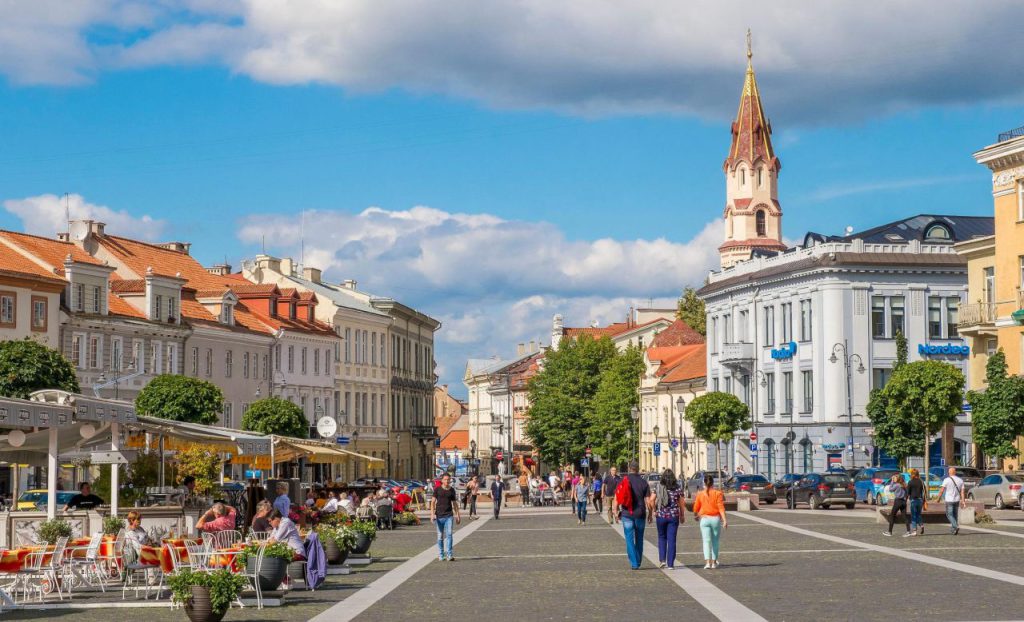
Work and Internships
- Internships: Lithuanian universities encourage students to participate in internships, often integrated into their academic programs, to gain valuable professional experience.
- Part-Time Work: Many students work part-time to support themselves. Jobs in services, retail, and hospitality are common.
In summary, student life in Lithuania is rich and diverse, offering a balance between rigorous academic studies and enriching social and cultural opportunities.
The integration of students in Lithuania, both academically and professionally, relies on several key factors that facilitate their transition from student life to the workforce. Here is a detailed explanation of this process:
Academic and Professional Support
- University Career Centers: Most Lithuanian universities have career centers that offer professional orientation services, CV writing workshops, interview simulations, and career opportunity advice.
- Internships and Apprenticeships: Study programs often include mandatory or optional internships, allowing students to gain relevant professional experience before completing their studies. These internships are often conducted in partnership with local and international companies.
- Mentorship: Many universities offer mentorship programs where experienced professionals guide students, sharing their knowledge and experiences to help them navigate the job market.
Training and Skills Programs
- Skills Development: University programs emphasize the development of technical and general skills, such as critical thinking, problem-solving, communication, and teamwork, making graduates more attractive to employers.
- Continuing Education: For students wishing to deepen their knowledge or specialize further, universities offer master's and doctoral programs, as well as continuing education courses and professional certificates.
Job Market and Employment Opportunities
- Growing Sectors: Lithuania is experiencing notable growth in sectors such as Information and Communication Technology (ICT), biotechnology, financial services, and engineering. These sectors offer many employment opportunities for young graduates.
- Start-ups and Innovation: Lithuania has a dynamic start-up ecosystem, particularly in Vilnius, which offers opportunities for students interested in entrepreneurship and innovation.
- University-Industry Partnerships: Collaborations between universities and businesses facilitate students' integration by providing them with professional networks and job opportunities upon graduation.
Specific Initiatives and Programs
- Erasmus+ Program: By participating in international exchanges like Erasmus+, students gain international experience and intercultural skills, thereby enhancing their employability.
- EU-Funded Projects: Many projects funded by the European Union aim to improve youth employability in Lithuania by offering training, internships, and scholarships.
Government Support and Employment Policies
- Youth Support Programs: The Lithuanian government offers specific programs for youth employment, including grants for businesses that hire young graduates, as well as funded training and internships.
- Employment Creation Initiatives: Initiatives like the "Youth Guarantee" offer a guarantee of employment or training for young people within four months of completing their studies or losing their job.
Networking and Professional Events
- Job Fairs: Universities and professional organizations regularly organize job fairs and networking events, allowing students to meet potential employers and get acquainted with the job market.
- Conferences and Seminars: Participation in professional conferences and seminars is encouraged, providing students with opportunities for professional development and networking.
Integration of International Students
- Specific Services: Universities offer specific support services for international students, including guidance on job opportunities, language workshops, and cultural integration programs.
- Visas and Work Permits: The Lithuanian government provides visa and work permit options facilitating the integration of international students into the local job market after their studies.
In summary, the integration of students in Lithuania is supported by a combination of academic resources, professional opportunities, government support, and a growing economy, facilitating a smooth transition from university life to professional life.
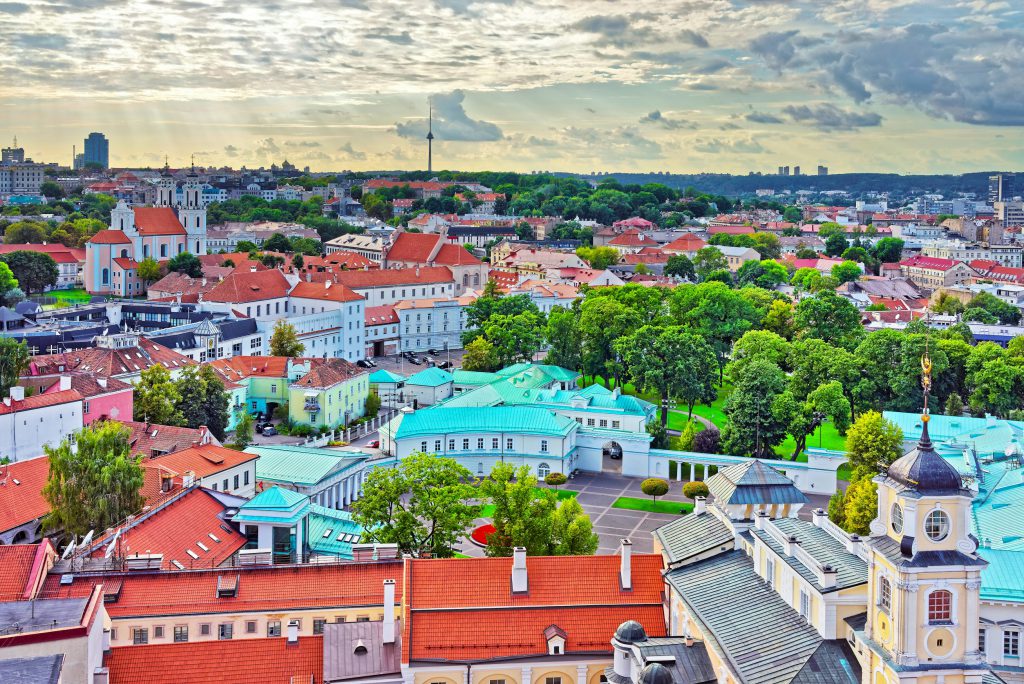
The healthcare system in Lithuania is based on a model of universal healthcare primarily funded by the state. Here is a detailed explanation of its key aspects:
Structure and Organization
- Ministry of Health: The Lithuanian healthcare system is overseen by the Ministry of Health, which is responsible for public health policy, regulation of healthcare services, and management of public finances related to healthcare.
- National Health Insurance Fund (NHIF): The NHIF finances the healthcare system in Lithuania. It is primarily funded by contributions from workers and employers, as well as government subsidies.
Access to Care
- Primary Care: Primary care is provided by general practitioners or family doctors. Patients are required to register with a general practitioner who becomes their main point of contact for all basic medical needs.
- Specialized Care: Specialized care is accessible through referrals from general practitioners. Specialties include cardiology, neurology, oncology, etc.
- Hospitals: Lithuania has several public and private hospitals offering secondary and tertiary care, including surgical care, emergency services, and specialized treatments.
Coverage and Financing
- Mandatory Health Insurance: All legal residents of Lithuania, including workers, students, and retirees, are required to enroll in mandatory health insurance, managed by the NHIF.
- Contributions: Health insurance contributions are deducted from the salaries of employees and employers, and self-employed workers are also required to contribute.
- Covered Benefits: Health insurance covers a wide range of services, including medical consultations, hospital care, prescribed medications, maternity care, and preventive care.
Public and Private Healthcare Services
- Public Sector: The majority of healthcare services are provided by public establishments, funded by the state. Care is often free or at reduced cost for insured residents.
- Private Sector: Private services complement the public sector. Patients may choose to receive care in private clinics, often with shorter waiting times, but at additional cost.
Quality of Care and Medical Technologies
- Healthcare Professionals: Lithuania has well-trained doctors, nurses, and other healthcare professionals. Doctors undergo rigorous training and certification processes.
- Medical Technologies: Hospitals and clinics in Lithuania are equipped with modern medical technologies. However, there may be disparities in terms of equipment and resources between urban and rural areas.
Challenges and Reforms
- Challenges: The healthcare system in Lithuania faces challenges such as an aging population, inequalities in access to care between regions, and the need to modernize certain healthcare infrastructures.
- Reforms: The government has implemented various reforms to improve the efficiency and quality of care, including digitization of medical records, promotion of preventive care, and investment in ongoing training for healthcare professionals.
Public Health and Prevention
- Prevention Programs: Lithuania emphasizes disease prevention and health promotion through vaccination programs, awareness campaigns on smoking, alcoholism, and communicable diseases.
- Mental Health: There is also an increased focus on mental health, with efforts to improve access to mental health services and reduce the stigma associated with mental health issues.
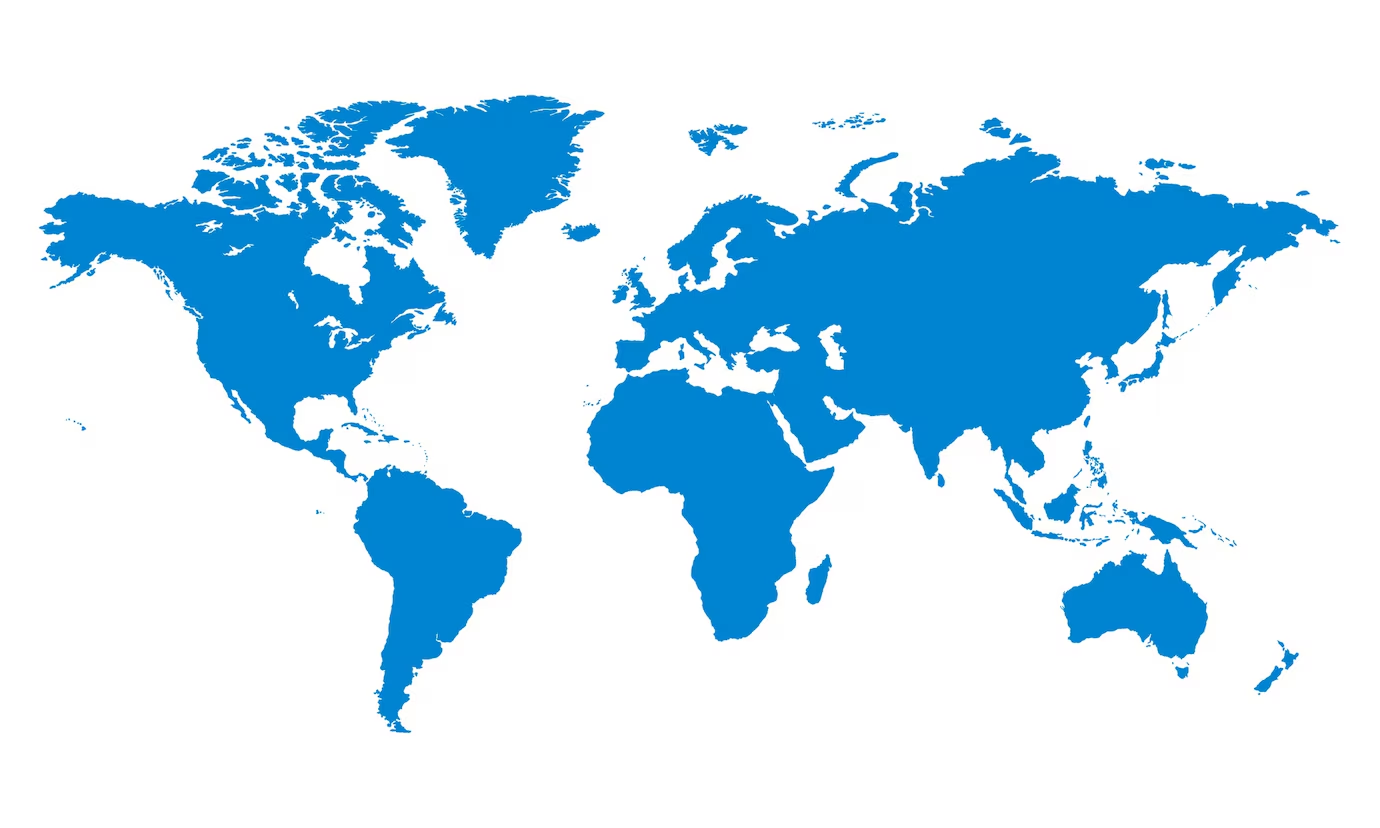
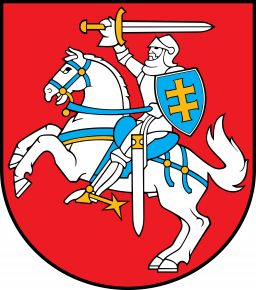
In summary, the healthcare system in Lithuania aims to provide universal and equitable access to healthcare for all its residents. While it is well-structured and staffed by competent professionals, it continues to evolve to overcome current and future challenges.
Available Courses in Lithuania

